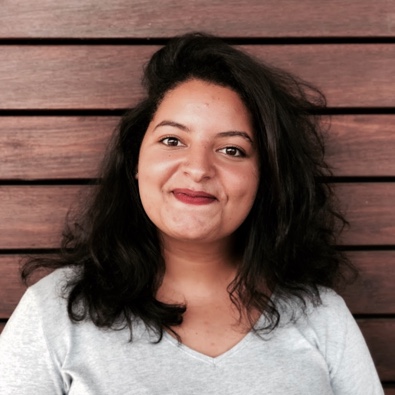
Amina Alaoui Soulimani
Amina Alaoui Soulimani
Doctoral Research Fellow
Amina holds an MSc in Social Anthropology from the London School of Economics and is also an alumna of the African Leadership University, Mauritius.
She is interested in questions of imperial durabilities, the decolonial alternative, social marginality, and immaterial archives. She is a Moroccan writer, thinker, and feminist activist whose work can be found in diverse fora across the web.
Amina has previously worked at multiple international organisations, such as the UN Refugee Agency, Ashinaga, and the African Union. Amina’s doctoral research at HUMA will examine the intersections of AI, care, and hospitals’ future with a particular focus on access to cancer treatment.
Mapping the Networks for a Decolonial Praxis in Researching AI-Driven Cancer Diagnosis
Where can one begin decentering Western epistemologies? With the backdrop of Western biomedicine’s hegemony on former colonies, this talk takes Morocco as its point of departure, outlining the necessity for entering the paradigm of decoloniality through the critical and continuous questioning of what we know and how and why we know it.
Presenting a case study of a foreign biotech company that aims to democratise access to cancer diagnosis, this presentation suggests a pursuit of methodological thinking rooted in digging through the entanglement of assemblages and networks where they are often hard to trace, arguing for the centralisation of bodily sensations in the quest for understanding marginality and access to healthcare in spaces in which the infrastructures of public hospitals is in deterioration.
While national development efforts in Morocco have put the digitisation of the healthcare infrastructure at its centre, as an anthropology researcher, I ask who are we marginalising methodologically when pursuing nation-wide investigations and detail-oriented ethnographies? If ethical research calls upon us not to dismiss voices or actors, why do we permit ourselves to center the human and not the data codes and algorithms in and of themselves in our pursuit of seeking solutions for global inequalities?
